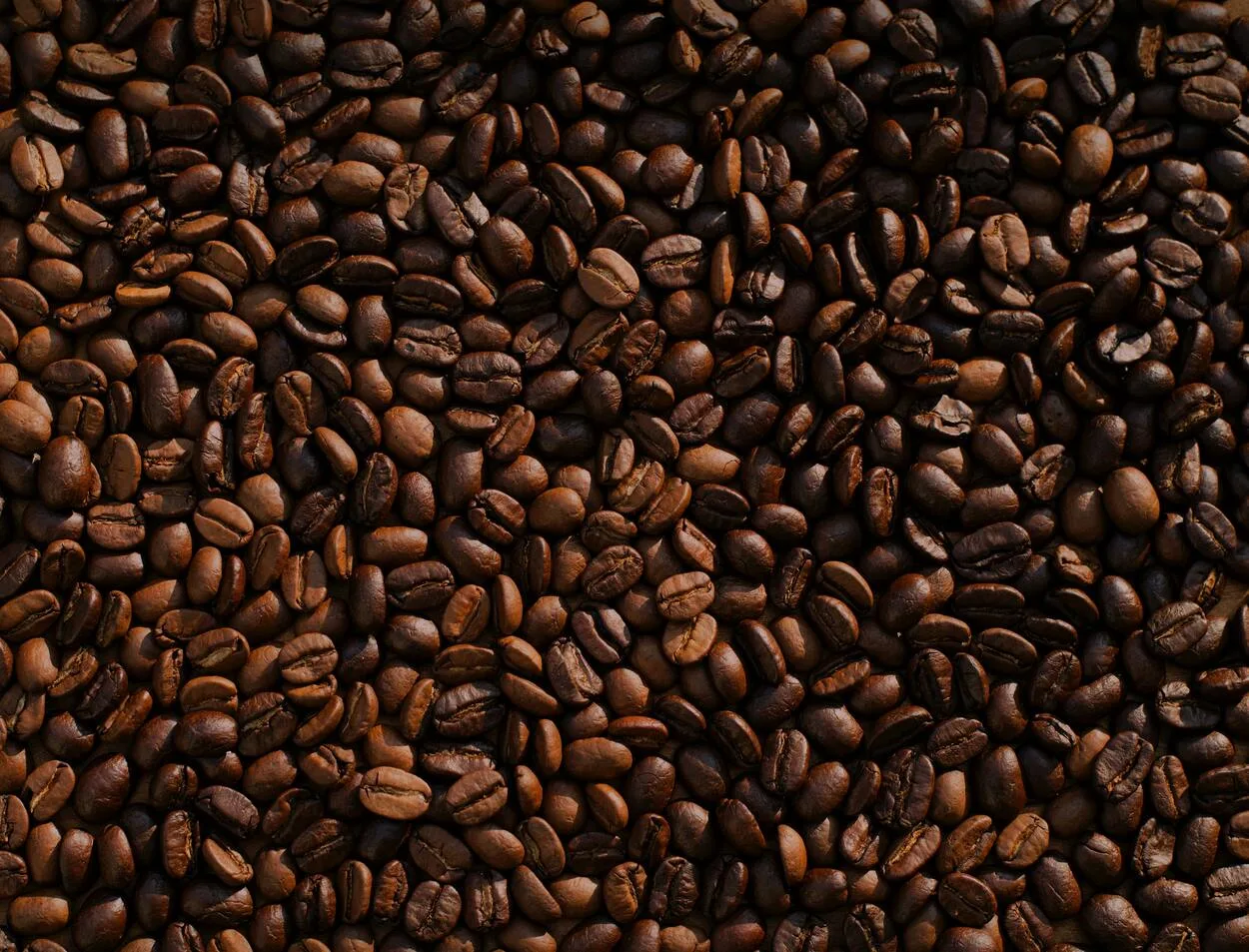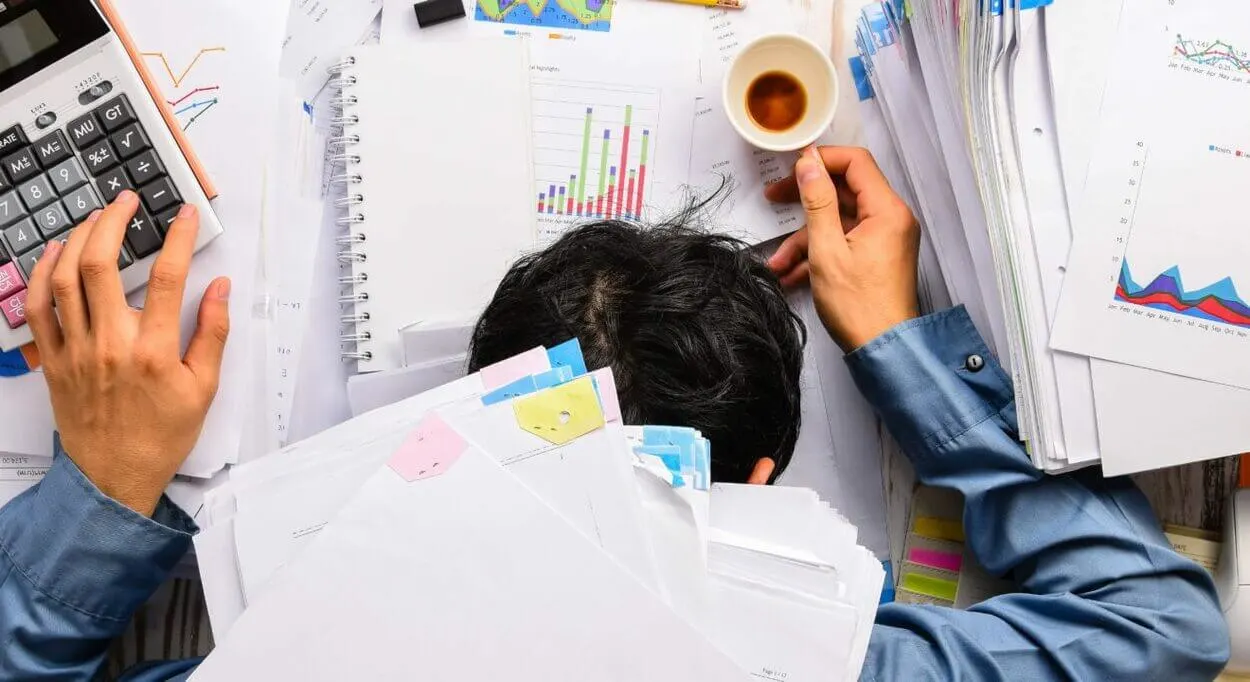Yes, Energy drinks can make you moody.
Many people rely on caffeine for increased alertness as a result of their hectic schedules and inadequate sleep. Despite being practical sources of stimulants, energy drinks have raised concerns among many medical professionals due to their high concentrations of sugar, caffeine, and other stimulants like guarana and taurine.
The frequent ingestion of these ingredients may cause a variety of problems, such as mood swings. Energy drinks are at the top of the list of well-known beverages on the market that can actually boost your energy levels and relieve chronic weariness.
Additionally, it has been discovered that energy drinks can make you moody. Aggressive conduct may result. The main ingredients in energy drinks are stimulants like caffeine, artificial or natural sweeteners, and others.
Are you curious to learn this? You’ll likely find the remaining information in the post to be much more fascinating. So let’s give our inquisitive minds some information.
Page Contents
Common Ingredients Of Energy Drinks
Some of the most important ingredients present in energy drinks are caffeine, sweeteners, and various stimulants. Here are detailed discussions about the effects of energy drinks on mood.
Caffeine

Caffeine is a popular stimulant with a range of impacts on your physical and mental activities. A stimulant, caffeine has been demonstrated to improve memory and stimulate the mind.
Caffeine can also have a number of other advantages. As a result, you can feel less weary and have more energy. Your metabolism quickens, and it’s supposed to encourage fat burning.
400 mg is the recommended daily dosage of caffeine. For the majority of people, it falls between 200 mg and 250 mg.
Additional usual negative effects of caffeine include the following:
- Uncertainty and unease.
- Insomnia.
- Headaches.
- Dizziness.
- Rapid heartbeat.
- Dehydration.
- Anxiety.
- Dependency
What Is The Effect Of Caffeine On Your Mood?
Some people don’t really react well to the effects of caffeine. They could cause unpleasant side effects including fatigue, irritation, anxiety, and mood swings.
Caffeine-induced irritation that persists can produce anger problems. Caffeine in energy drinks can therefore undoubtedly cause rage issues either directly or indirectly.
| Energy Drinks | Amount of caffeine |
| Red bull | 30mg |
| Monster | 36mg |
| Rockstar | 30mg |
Sugar
Sugar, your sweet adversary, is known for instantly putting you in a good mood. This initial feeling of joy and relaxation is brought on by dopamine release. The neurotransmitter and hormone dopamine has been linked to a significant impact on your mood.
It would seem rather odd if sugar consumption were linked to erratic moods, irritability, and anger. While sugar might quickly make you happier, it can also make you feel exhausted, angry, and anxious. The cause is a sugar crash, which can happen when you consume a lot of sugar.
Does Sugar Give You Mood Swings?

Yes, sugar can cause mood swings.
It is correct that sugar triggers the release of dopamine and serotonin, which are “feel better” neurotransmitters and give us more vigor and a better mood. Additionally, while sugar consumption can give you a short-term boost, it can be harmful to your health in the long run.
High sugar intake has long been associated with weight gain, obesity, and lifestyle diseases including diabetes and heart disease. More recent research indicates that a diet heavy in added sugar can also harm cognitive performance and brain function.
In addition to contributing to insulin resistance and dementia, refined sugar slows thyroid function, decreases testosterone in men, increases brain inflammation, depletes tryptophan, and delays thyroid function. The worse effects of sugar on mental health might be because of the:
- Blood sugar variations,
- Dysregulation of neurotransmitter
- Sensitivity
According to a 22-year study of 8,000 participants, males who consume 67 grams or more of sugar per day are 23% more likely to experience sadness than men who consume less than 40 grams.
Another study including more than 69,000 women found that those who consumed the most added sugars had a noticeably higher chance of developing depression than those who consumed the least.
| Energy Drinks | Level Of Sugar |
| Red bull | 10g |
| Monster | 11g |
| Rockstar | 12g |
Can Energy Drinks Make You Manic?
Sadly, the high amounts of caffeine present in energy drinks raise the risk of psychotic recurrence. Energy drink consumption was identified in a clinical assessment of bipolar illness patients before a manic or depressed relapse.
We can all assume that, despite the fact that energy drinks have less caffeine than coffee, excessive use can nonetheless cause insanity.
Caffeine overdose can cause jitters and an irritable mood, and habitual users’ abstention from caffeine is strongly linked to dysphoric mood states, which implies caffeine withdrawal.
Teens who routinely drank energy drinks may have high levels of perceived stress, depressive symptoms, and suicidal behavior. This may be due to the anger and mood swings caused by caffeine withdrawal or overdose.
Energy drinks: Do They Lead To Mood Swings?
Energy drinks may cause mood changes because of the substances they contain.
Not just the caffeine in energy drinks, but also the sugar, can cause emotional ups and downs.
If you don’t get enough caffeine during the day, you could get upset; these are the signs of caffeine withdrawal. It’s the same with sugar; if you consume it frequently, your need for it could really make you irritable and sad.
Do Energy Drinks Increase the Risk of Suicide?
As a result of the caffeine and sugar they contain, energy drinks have a reputation for causing anxiety.
Stimulants include ingredients like coffee and sugar. They are stimulants, which might make you tense and agitated.
Energy drinks can contain large amounts of sugar and caffeine. It’s possible to suffer anxiety if you use energy drinks excessively, and due to an increase in anxiety, there’s also a higher probability of a weakened mental and depression, leading to suicide. This is very extreme and rare, though.
Conclusion
- Energy drinks work well because they contain some stimulants, most typically sugar and caffeine.
- Your mind and emotions can be seriously affected by caffeine and sugar. The mood swings brought on by these stimulants may include feelings of rage and agitation.
- The unpleasant emotions brought on by consuming energy drinks might encourage anger in a person and cause aggressive behavior.
- To avoid the harmful effects that energy drink intake causes, one can consume energy drinks with low amounts of sugar and caffeine.
